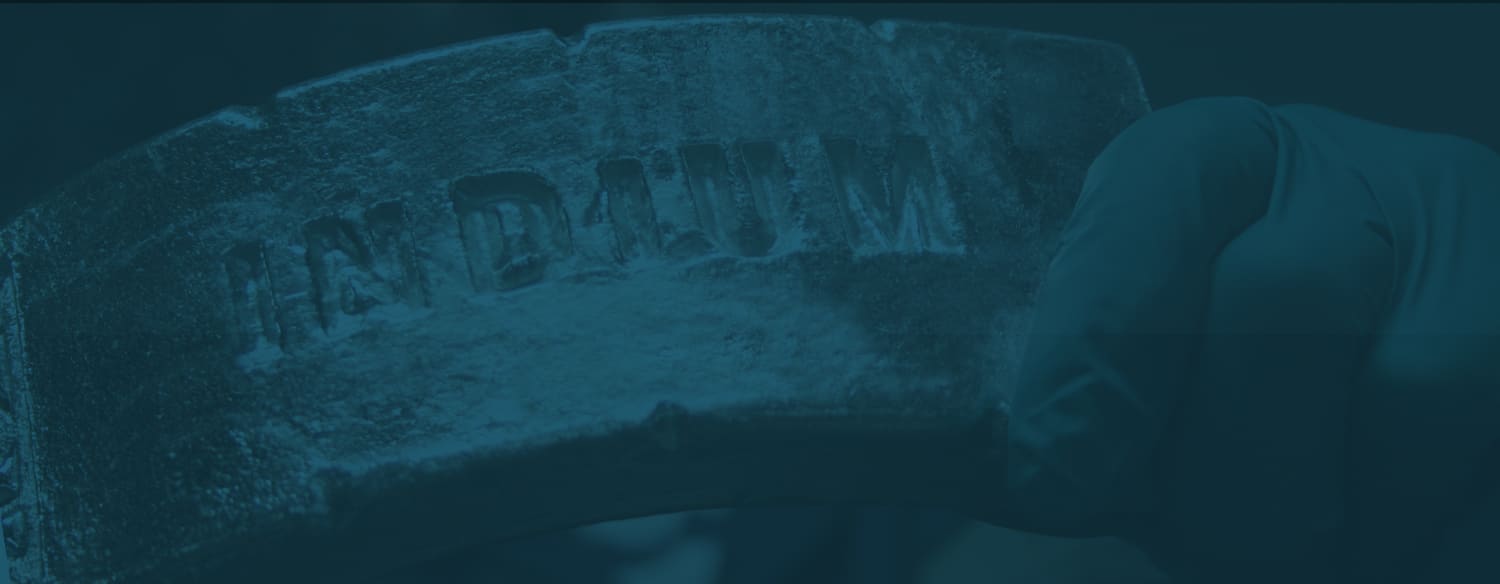The Northeast USA (as well as other parts of the country) have been experiencing quite a warm summer. And, if walking out into the humidity wasn't clue enough, I would just have to test the fit of the old doors in my house because they stick. The heat causes them to expand.
Heat also causes metal to expand. Which would be okay if all metals expanded at the same rate (CTE or coefficient of thermal expansion), but of course they don't. So what happens when you try and solder two metals together and then apply heat (either on purpose or through use of the device)? You have what is commonly known as a "CTE mismatch" that causes the resultant solder joint to crack upon cooling, and results in failure of the device.
So, how do you overcome CTE mismatch when joining two metals together? Use indium of course! The indium is soft enough and malleable enough that it basically stretches in accordance with the metals it is attached to. It can be used in a variety of forms (indium wire, indium preforms) and in a variety of alloys to overcome the CTE mismatch in your product.
Apply Now |Blog | Buy Local | Buy Online | Technical Documents | Quality | Solder Alloy Guide |


